To clarify the above content, a reporter from Agriculture and Environment Newspaper had an interview with Mr. Nguyen Phu Hieu - Director of Dong Thap Province Employment Service Center.
Dear Sir, Dong Thap is a province with many workers working abroad. Could you please tell us a little about the province’s policy on this issue?
The policy of sending workers abroad, focusing on the Japanese and Korean labor markets, is not only a simple labor export strategy, but also a major orientation in developing high-quality human resources, broadening horizons and increasing income for local people.
As we know, both Japan and Korea are developed countries with modern technical systems, working styles, and high discipline, which Vietnamese workers can learn deeply from.
When sending workers to these two countries, we not only expect them to send money back home, but more importantly, when they return, they will bring with them knowledge, skills and innovative thinking. This is an invaluable asset to contribute to restructuring the agricultural economy , developing supporting industries, starting up locally and modernizing local production.
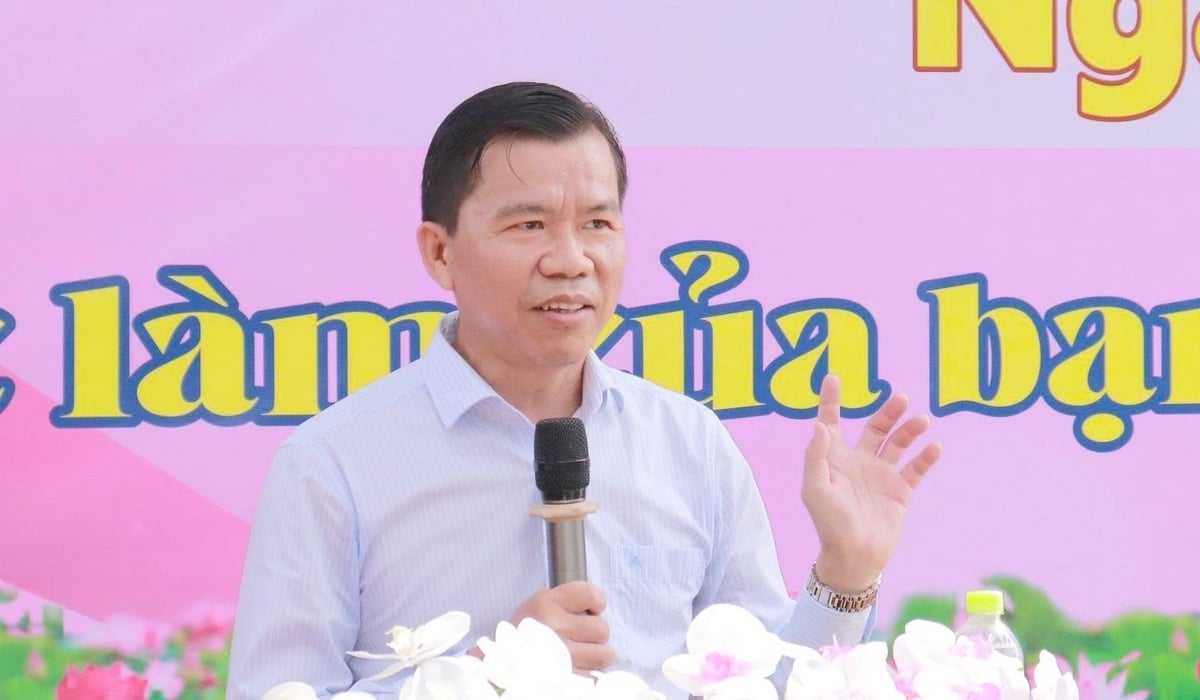
Mr. Nguyen Phu Hieu, Director of Dong Thap Provincial Employment Service Center. Photo: Thanh Bach.
We see this as a development cycle: “send - learn - return - create”. Dong Thap always needs new people with international vision, integration mindset and the ability to transform personal experiences into specific contributions to the homeland.
In addition, this policy also has a strategic vision in the context of increasingly deep international integration. When workers have access to modern working environments, advanced organizational cultures and smart production models such as those in Japan, Korea, etc., they will form long-term thinking habits. These factors are the foundation for forming a workforce that is "skilled, thoughtful, and ambitious".
In the future, Dong Thap will have a generation of people with “global thinking, local action”, becoming the core force in building a rich and sustainable homeland.
Sending workers abroad will certainly have many difficulties and challenges. So what has the province done to support workers, especially young people, in this process, sir?
Sending workers to work abroad initially faced many barriers from finance, foreign language, culture to fear of change. However, the locality always determined that if there was a support policy, challenges could be turned into opportunities.
First of all, the province has assigned the Employment Service Center to act as a focal point for consulting, orienting and training skills to increase job opportunities for workers. The Employment Service Center closely coordinates with reputable dispatching enterprises and works directly with overseas partners to ensure transparent processes and limit risks for workers.
At the same time, the province also implements preferential credit policies through employment support funds and social policy banks. Many workers from near-poor households or in difficult circumstances can still borrow capital to work abroad without having to mortgage assets.
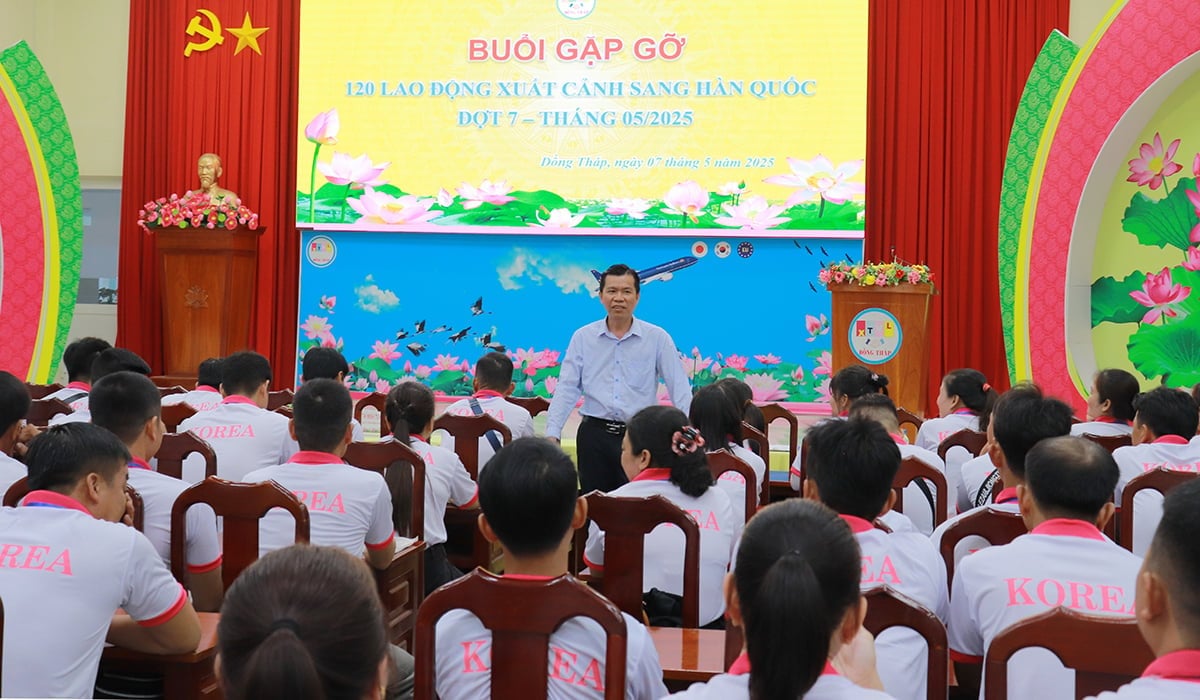
Leaders of Dong Thap Provincial Employment Service Center met with workers going to Korea. Photo: Thanh Bach.
One notable point is that we not only focus on sending people but also focus on the "post-labor export" plan. Those who have worked abroad when returning will be connected with agricultural start-up programs, supported in setting up production projects, and connected to the consumption of goods through OCOP models and new-style cooperatives.
In addition, the province also organized many seminars, shared experiences, and inspired "successful people after returning" to motivate the next generation.
It can be said that we see workers not only as "exporters" but also as "knowledge transferors", as pioneers in bringing the spirit of industry, discipline and efficiency back to the formerly agricultural land.
After a period of implementing this policy, what remarkable results has Dong Thap achieved, and how will the province orient its development in the coming time, sir?
Since the beginning of 2021, the whole province has had about 11,000 workers go abroad to work under contracts, mainly in the Japanese and Korean labor markets... Focusing on industries such as mechanics, food processing, nursing and high-tech agriculture.
It is estimated that the average income of workers working abroad is about 1,500 billion VND per year. After 3 years of contract expiration, workers returning home can accumulate capital of 600 million VND or more, helping their families become quite rich and confidently create jobs for themselves.
The most noteworthy thing is that the rate of workers completing their contracts, accumulating experience and then returning home is increasing, of which more than 60% of workers have plans to start a business or invest in production in their hometown.
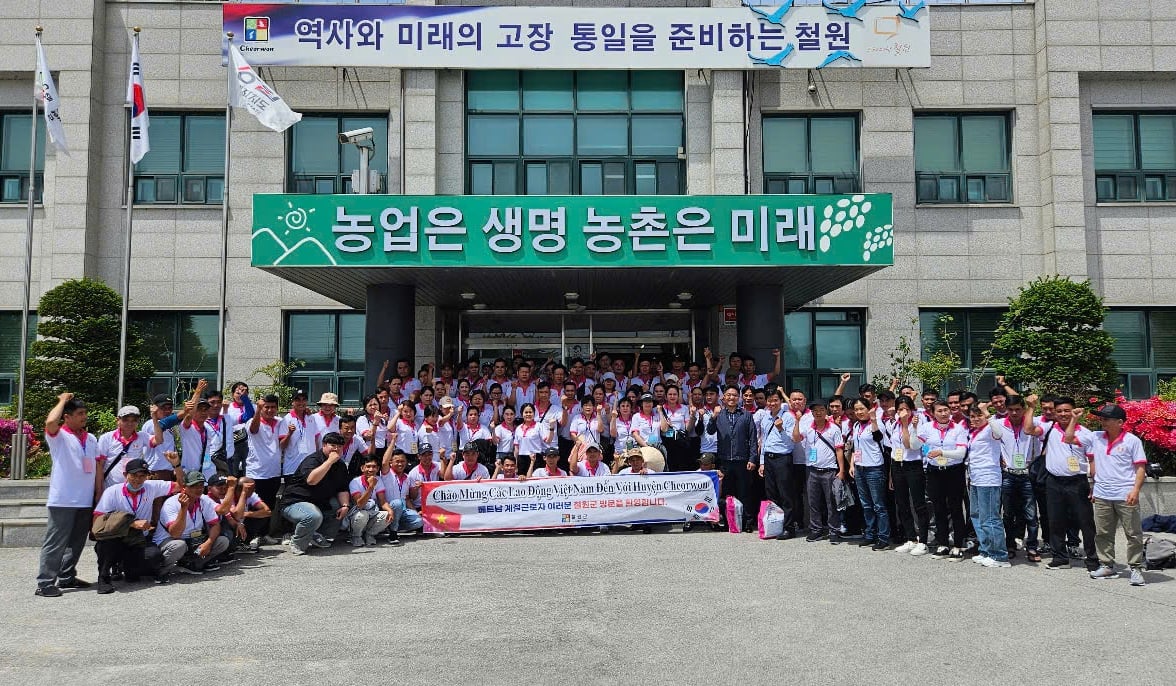
From 2021 to now, Dong Thap has had about 11,000 workers working abroad under contracts. Photo: Center.
In the long term, Dong Thap aims to develop a “Learning and Returning Ecosystem”. In which, workers will receive comprehensive support before leaving, during their time working abroad, and especially after returning. The province is also promoting the establishment of a Returning Entrepreneurship Support Fund, where workers who have gone abroad can borrow preferential loans to serve production and business.
Not stopping there, the province also wants to build small, high-tech industrial clusters based on the foundation of repatriated human resources. People with skills and international experience will be the key factor to promote the transformation of the development model, from pure agriculture to agricultural economy, from manual labor to intellectual labor, from small-scale business to linked value chains.
As for the Provincial Employment Service Center, we will initially develop the role of a focal point for information, propaganda of support policies, foreign labor markets and labor supply to work abroad according to the provisions of law; select and screen reputable enterprises when supplying labor.
At the same time, advise on the issuance of coordination regulations between Dong Thap Department of Home Affairs and relevant organizations on labor supply; communes and wards monitor and grasp the working situation and life of workers working abroad after the province's merger and periodically evaluate support policies to bring the best quality to workers working abroad.
Thank you!
Source: https://nongnghiepmoitruong.vn/di-lam-thue-ve-lam-chu-bai-5-dua-di--hoc-hoi--tro-ve--kien-tao-d780364.html


![[Photo] Opening of the 14th Conference of the 13th Party Central Committee](https://vphoto.vietnam.vn/thumb/1200x675/vietnam/resource/IMAGE/2025/11/05/1762310995216_a5-bnd-5742-5255-jpg.webp)
![[Photo] The road connecting Dong Nai with Ho Chi Minh City is still unfinished after 5 years of construction.](https://vphoto.vietnam.vn/thumb/1200x675/vietnam/resource/IMAGE/2025/11/04/1762241675985_ndo_br_dji-20251104104418-0635-d-resize-1295-jpg.webp)

![[Photo] Panorama of the Patriotic Emulation Congress of Nhan Dan Newspaper for the period 2025-2030](https://vphoto.vietnam.vn/thumb/1200x675/vietnam/resource/IMAGE/2025/11/04/1762252775462_ndo_br_dhthiduayeuncbaond-6125-jpg.webp)




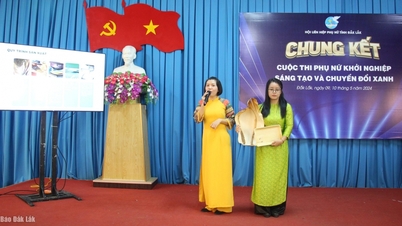



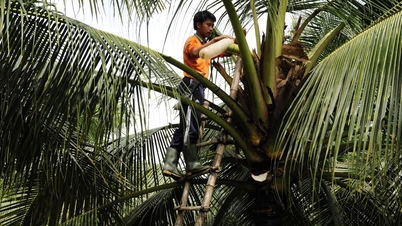



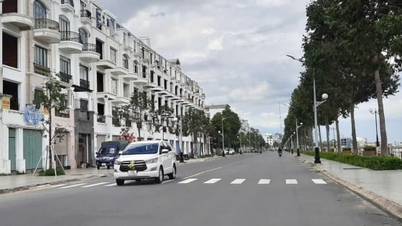





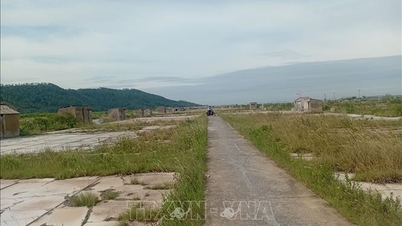

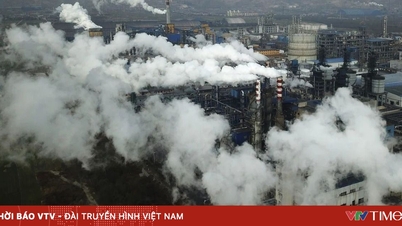







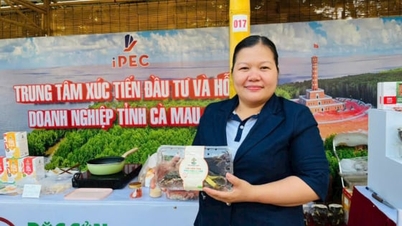
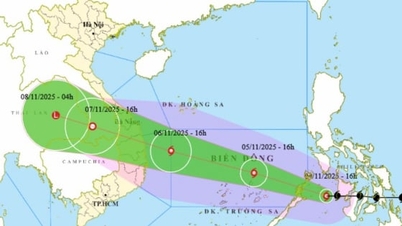
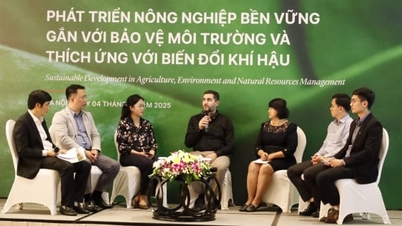


















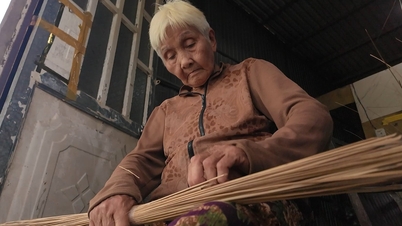













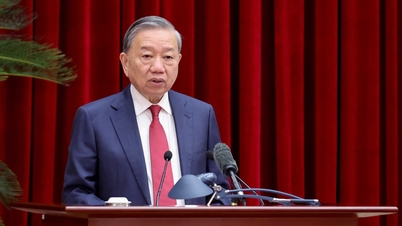
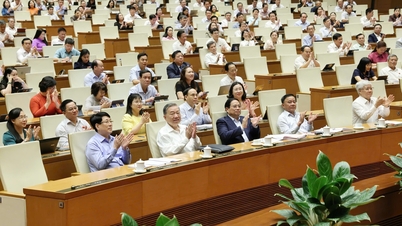




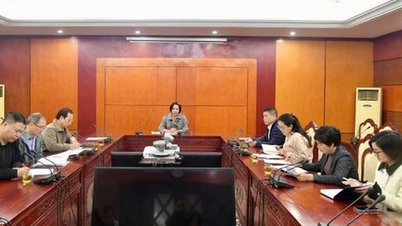


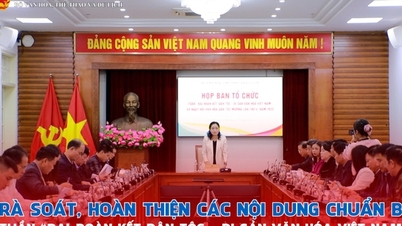
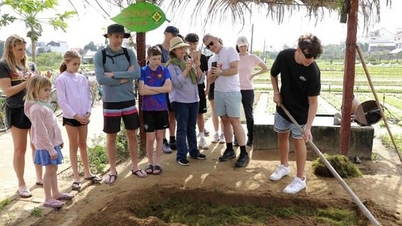


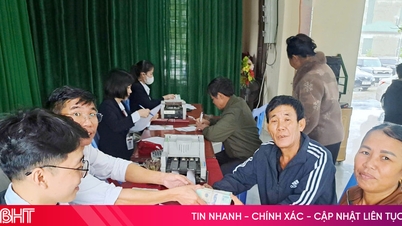

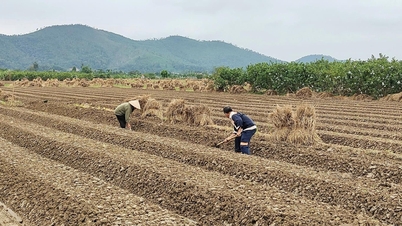


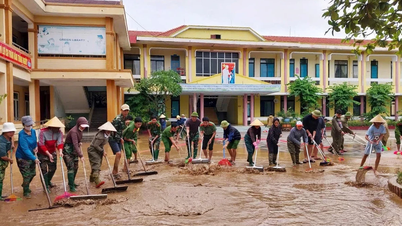

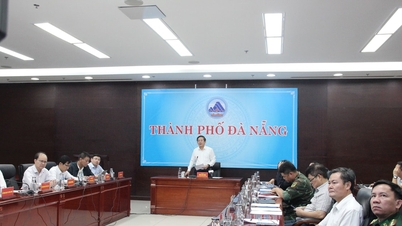

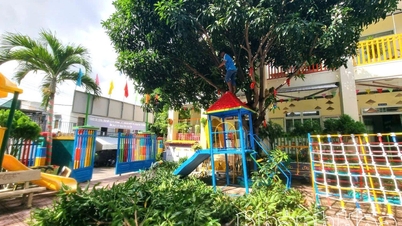















Comment (0)